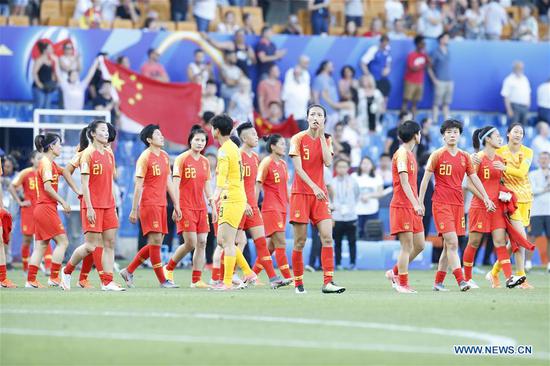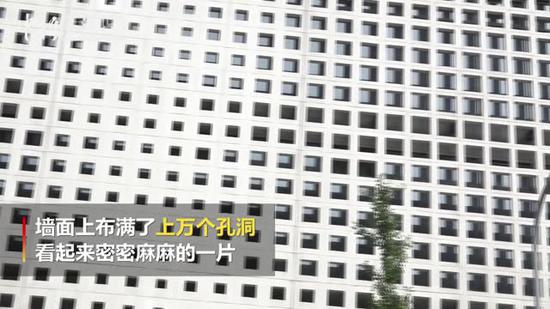China will further cut the real interest rate on loans to micro and small enterprises, pilot reform measures regarding financial services for private, micro and small firms, support more intellectual property pledge financing and credit supply for the manufacturing sector, and promote innovation and the development of the real economy, the State Council's meeting chaired by Premier Li Keqiang decided Wednesday.
The Chinese government puts great emphasis on financing for micro and small enterprises. Premier Li has repeatedly highlighted the need for taking a multi-pronged approach in lowering the real interest rate so as to meaningfully ease the financing difficulties facing micro and small enterprises.
It was pointed out at the Wednesday meeting that financing costs for micro and small businesses have come down over some time, thanks to the combined efforts made by various authorities in implementing the requirements by the Central Economic Work Conference and the Government Work Report.
Going forward, liquidity will be kept reasonably sufficient and the lending rate for micro and small businesses will be further lowered.
"We will keep the prudent monetary policy neither too tight nor too loose, with anticipatory adjustments and fine-tuning as appropriate, to adapt to the shifting dynamics in the international and domestic markets," Li said.
The meeting decided on the following measures. Market-oriented interest rate reform will be deepened to improve commercial banks' Loan Prime Rate mechanism and better harness LPR's role in shaping the real interest rate. Banks will be urged to reduce lending surcharges to lower financing costs for micro and small businesses.
Small and medium enterprises will be supported in bond and note financing. Regulatory and evaluation methods for commercial banks regarding their financial services for micro and small firms will be refined.
The goal is to enhance the banks' lending capacity to smaller firms. Financial institutions are expected to significantly increase their financial bonds issued for micro and small businesses this year toward the target of no less than 180 billion yuan.
The policy incentives for cutting loan guarantee fees on micro and small businesses must be fully implemented. The role of the State Financing Guaranty Fund should be harnessed in reducing re-guarantee fees and incentivizing further cuts in guarantee charges.
It was also decided at the meeting that the central government will provide fiscal support, in form of reward rather than subsidy, to the three-year, comprehensive pilot reforms concerning the financial services for private, micro and small firms in some cities.
These pilot reforms will explore ways to expand financing for these businesses, make financing easier, lower financing costs, improve the risk compensation mechanism, and support financial innovation to guide more financial resources to smaller companies.
"We must use market-oriented reform measures to see that the real interest rate come down, and reform the transmission mechanism. The purpose of these measures is to deliver concrete benefits to all market players, micro and small businesses in particular, and send a positive signal to the market," Li said.
To support innovation-driven development, intensify the protection and use of intellectual property rights, and promote employment, the meeting also called for expanding the use of intellectual property pledge financing to widen financing channels for private, micro, small, start-up and innovation businesses and ease their financing difficulties.
Banks will be guided to formulate separate lending plans and evaluation mechanisms for intellectual property pledge loans. The non-performing loan (NPL) ratio of such lending that is no more than 3 percentage points above the overall NPL ratio will not be considered a minus factor in government oversight or performance evaluation.
Packaged intellectual property pledge will be explored and the scope of collaterals and means of disposal will be expanded.
"We must step up the building of an intellectual property information platform. Intellectual property pledge financing may seem a minor business for financial institutions, yet in practice, it is of vital importance as it boosts entrepreneurship and innovation, and helps with the protection of intellectual property rights," Li said.
The meeting required improvement of the loan mix and guide more credit issuance for the manufacturing and service sectors.
Large banks will be encouraged to refine lending evaluation mechanism and provide targeted rewards to ensure that the balance of total loans, medium and long-term loans and credit loans for the manufacturing sector this year will be notably higher than last year.


















































